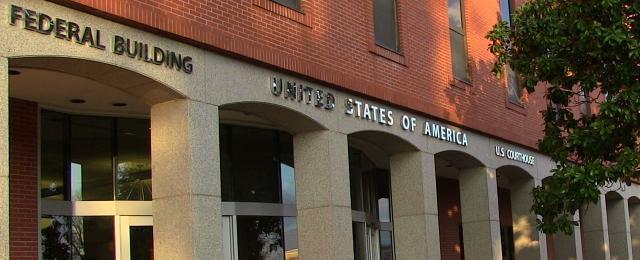
OXFORD, Miss. (BP) – Legal representation for Will McRaney as well as the North American Mission Board filed separate documents June 1 in response to previous filings from the opposing party. Both have the opportunity to file further responses by June 8.
Key areas of debate in the case include language related to the Strategic Partnership Agreement (SPA) between the Baptist Convention of Maryland/Delaware, where McRaney was executive director, and NAMB. Those include whether the SPA was an “inherently religious” agreement as well as NAMB’s role as a “supporting organization.” Those phrases factor in to both sides’ narrative regarding NAMB’s influence, or lack thereof, in McRaney’s firing from his executive role in June 2015 and his subsequent inability to financially support himself through speaking engagements.
A memorandum opposing NAMB’s recent motion for summary judgement, submitted by McRaney attorneys William Harvey Barton II and Scott E. Gant, states that in getting a 2019 dismissal – later reversed – NAMB has “advance[d] a skewed vision of the First Amendment’s Religion Clauses” in part by “distort[ing] the record in an effort to conform the facts to inapplicable decisional law.”
First Amendment legal precedent was cited in a federal court’s dismissal of the case.
The SBC entity’s argument, the memorandum claims, shifts reality. “It is NAMB which threatens the First Amendment,” it states.
McRaney’s representation also filed a document chronicling objections and responses to NAMB’s “undisputed facts” in the mission board’s motion for summary judgement.
That document further addressed language in the SPA and asserted that negative comments toward McRaney from then-BCMD President Bill Warren, among others, were either taken out of context or inadmissible. Furthermore, it stated, accusations that McRaney acted outside the SPA with regard to new hires and made unilateral decisions to impose associational giving and work requirements on NAMB-funded church planters were false.
NAMB also filed a response opposing McRaney’s motion for summary judgement.
“When Plaintiff’s employment with BCMD ended in 2015, he accepted tens of thousands of dollars and promised peace in exchange,” the response began. “He released BCMD and its ‘supporting organization[s]’ from liability.”
Now “apparently dissatisfied with the release he chose to grant,” it continued, “Plaintiff now tries through his [motion] to obfuscate with belated and incorrect arguments about forum selection clauses, third-party beneficiaries, and irrelevant technical definitions under the Internal Revenue Code.”
The case is set to be heard at the U.S. Federal Building in Oxford, Miss., at 9:30 a.m. on Sept. 18.
“NAMB has received the Plaintiff’s response to our Motion for Summary Judgment,” said an entity spokesperson. “We will continue our vigorous defense against the Plaintiff’s unfounded allegations and look forward to filing our reply with the Court on or before June 8.”
















